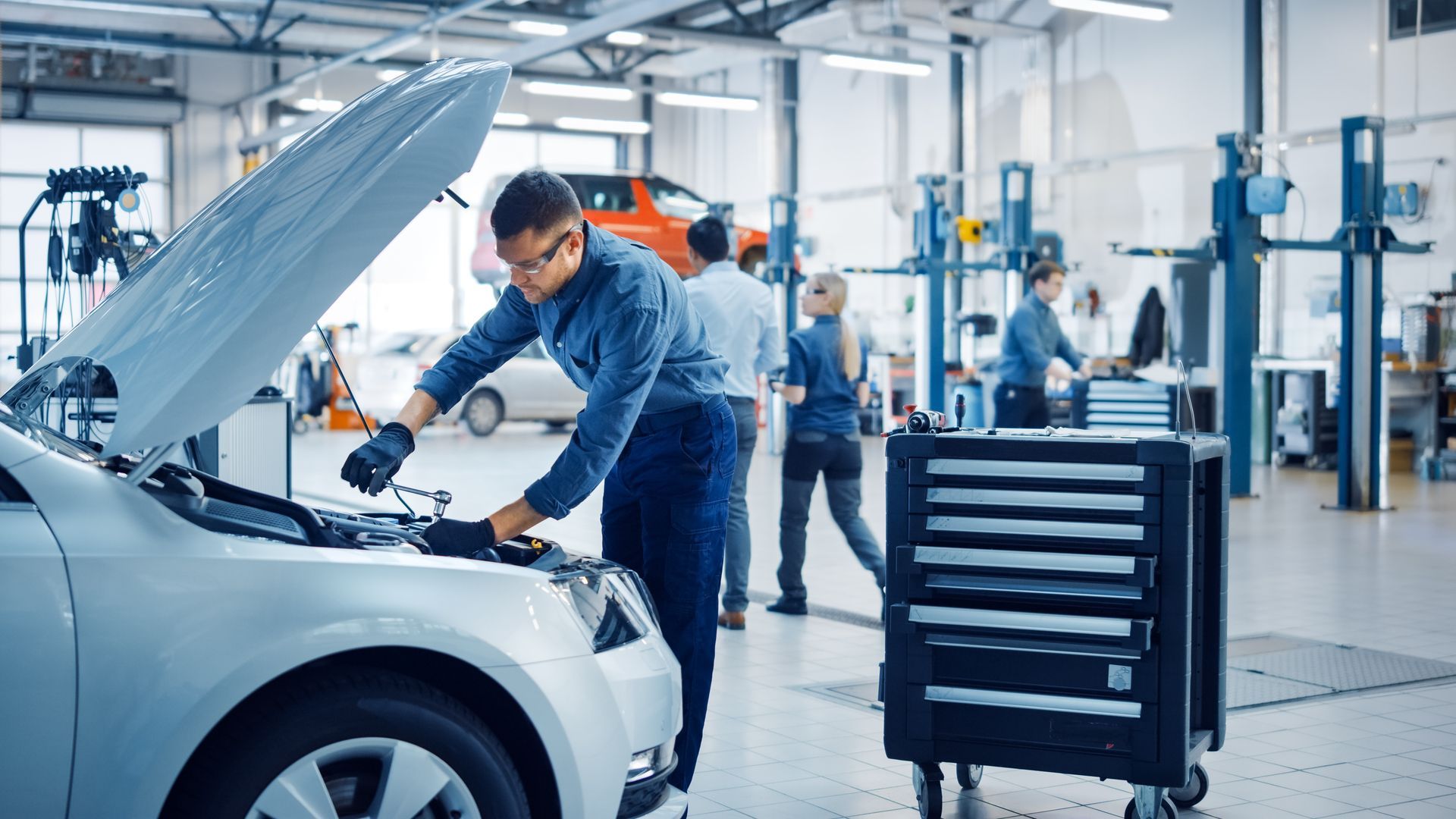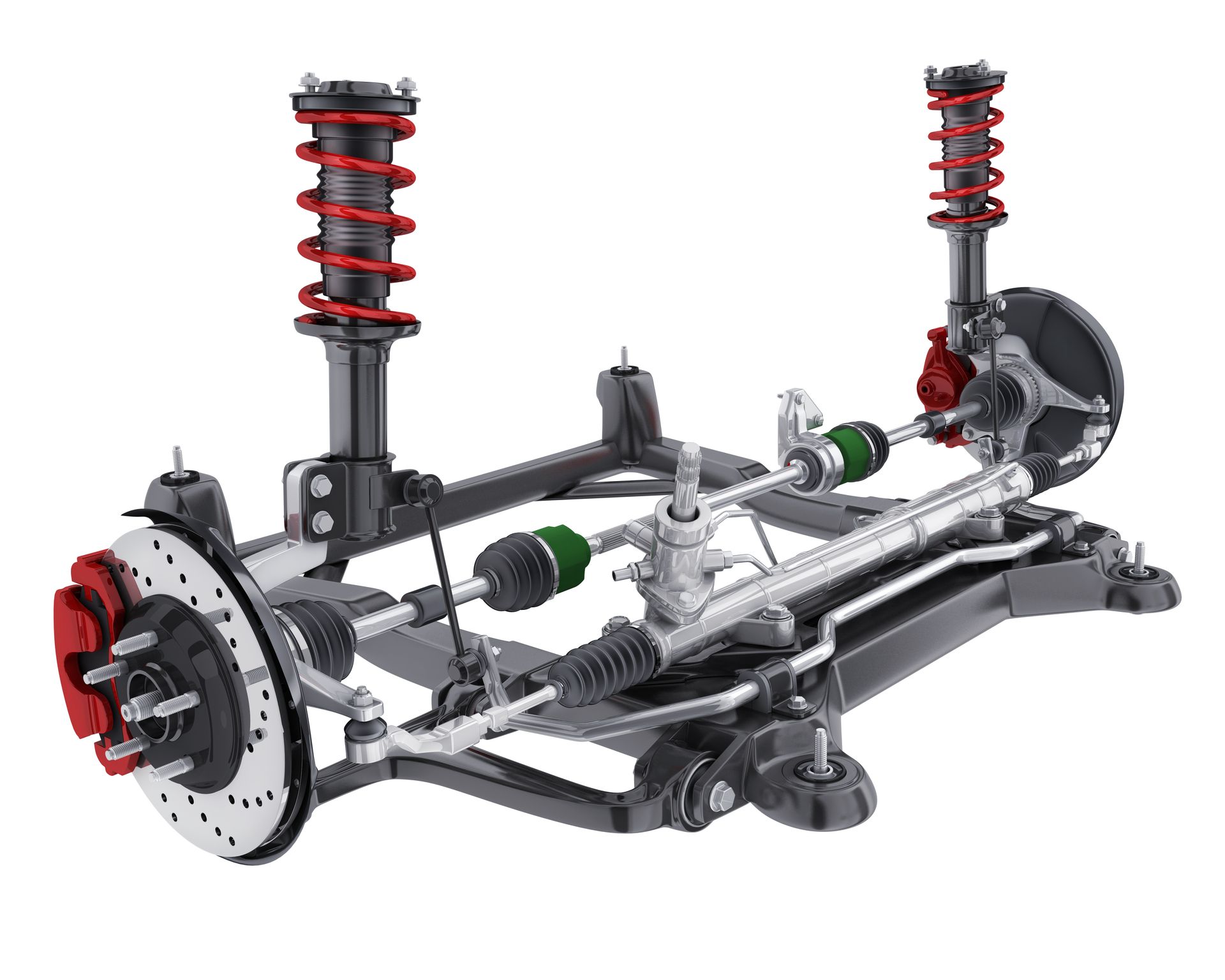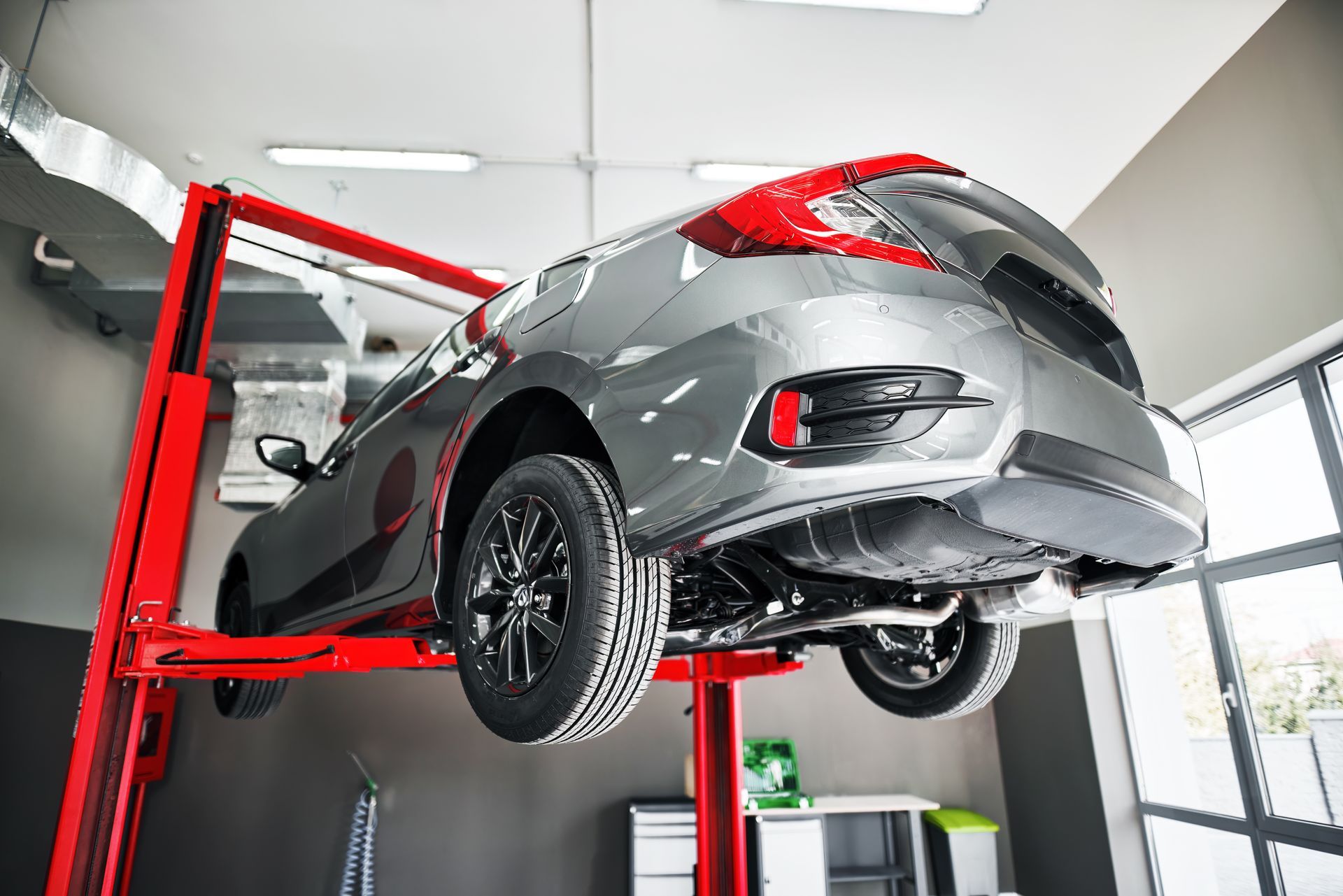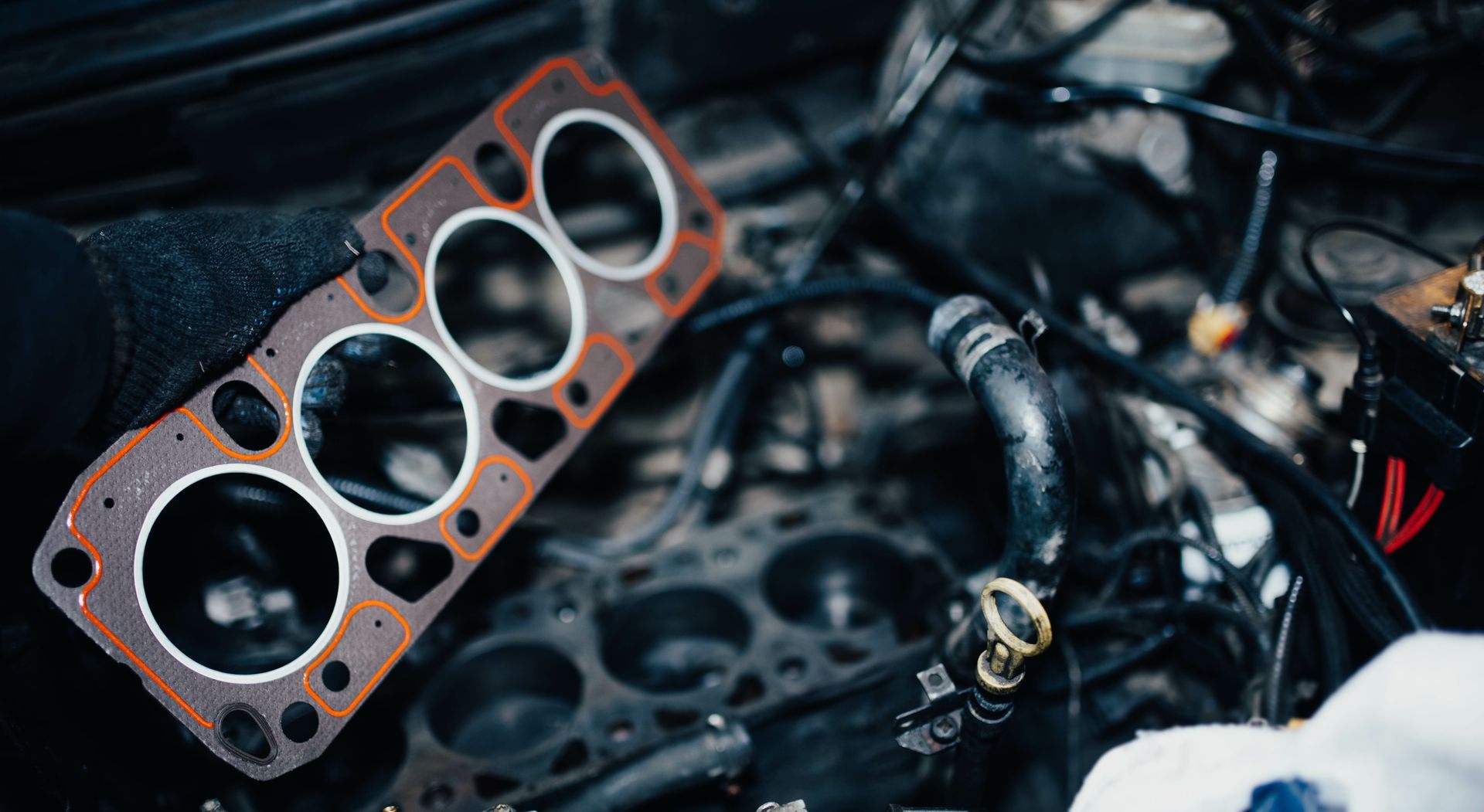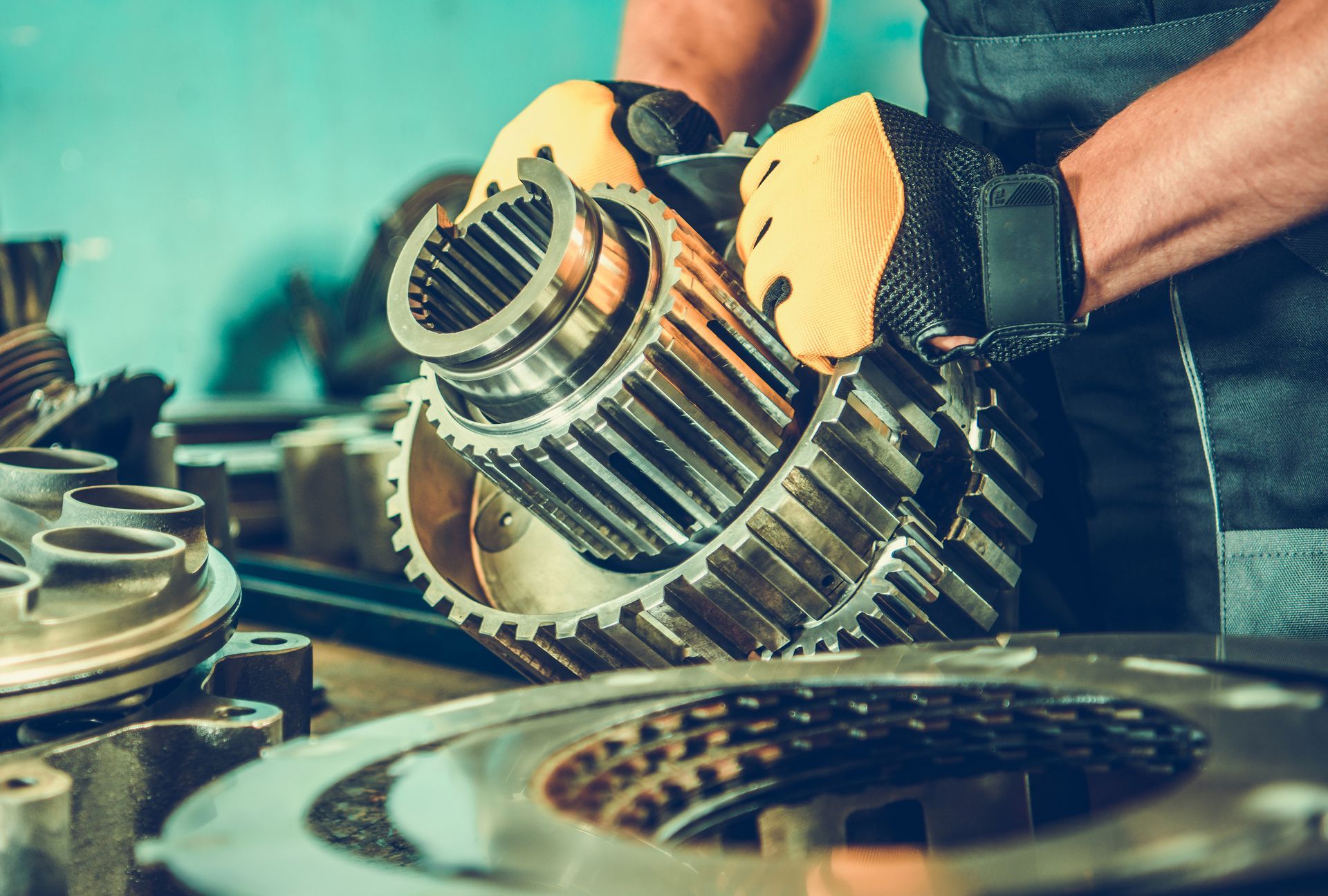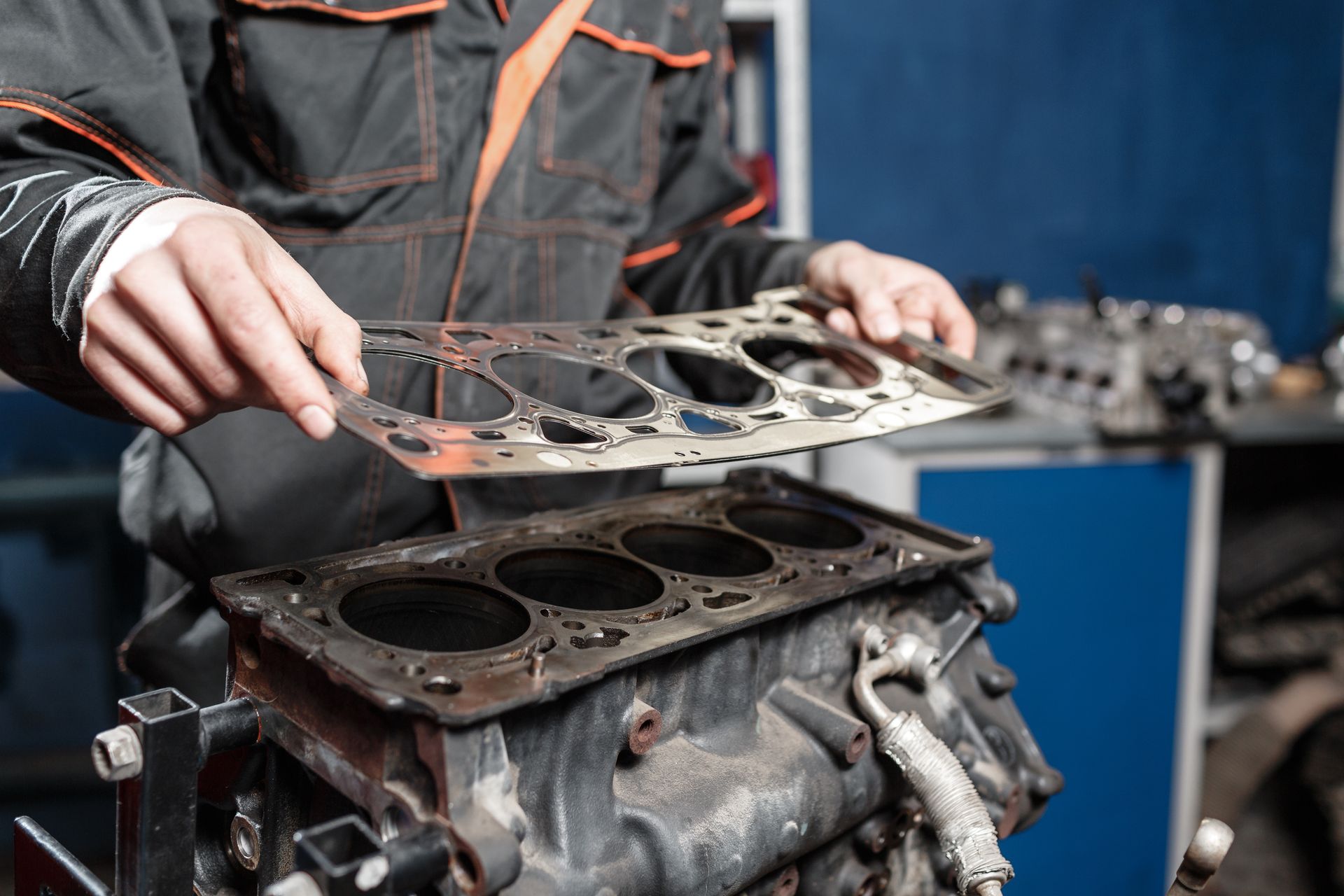Loading ...
Missing business hours data / Error occurred while getting the data.
Sat - Pick Up Only 10am - 2pm
Loading ...
Missing business hours data / Error occurred while getting the data.
SAT - Pick Up Only 10am - 2pm
How Did Hybrid Car Technology Evolve Over the Years?
March 28, 2025
Hybrid cars have become a mainstream choice for fuel efficiency and eco-conscious driving, but their journey from concept to modern innovation spans over a century. While many people associate hybrid technology with the Toyota Prius and other modern hybrids, the idea of combining an internal combustion engine with an electric motor has been around much longer. Let's see how hybrid technology has evolved over the years, showing just how far automotive engineering has come—and hints at where it’s headed next.
The First Hybrid Concepts (1899–1920s)
The idea of a hybrid car isn’t new—it dates back to the late 19th century. One of the earliest examples was the Lohner-Porsche Mixte, designed by Ferdinand Porsche in 1899. This vehicle combined electric motors and a gasoline engine, a concept that was groundbreaking at the time.
In the early 1900s, electric vehicles (EVs) were more popular than gasoline cars, but their limited range made them impractical for long distances. The idea of a hybrid—using gasoline power to extend the range of an electric drivetrain—was an early attempt to solve this problem. However, as gasoline-powered cars became more affordable and practical, interest in hybrid technology faded for several decades.
Hybrid Innovations Resurface (1960s–1980s)
As concerns over fuel consumption and air pollution grew in the 1960s and 1970s, researchers began revisiting the hybrid concept. The 1960s saw experiments with hybrid taxis, and by the 1970s, rising oil prices and the 1973 oil crisis pushed automakers to explore fuel-efficient technologies.
During this time, engineers at Toyota, Honda, and American automakers began experimenting with hybrid drivetrains. However, battery technology was still limited, and the industry lacked the computing power needed to create an efficient, production-ready hybrid vehicle.
The Arrival of the Toyota Prius (1997)
The real breakthrough in hybrid technology came in 1997 with the launch of the Toyota Prius. This was the first mass-produced hybrid vehicle, combining a gasoline engine with an electric motor to improve fuel efficiency. The Prius used regenerative braking, a system that captured energy normally lost during braking and stored it in the battery.
In the early 2000s, hybrid technology gained popularity, especially after the Honda Insight entered the U.S. market in 1999. Toyota’s Prius, however, became the face of hybrid technology, proving that fuel-efficient cars could be practical for daily driving.
Hybrids Become Mainstream (2000s–2010s)
By the mid-2000s, nearly every major automaker was investing in hybrid technology. The Ford Escape Hybrid became the first hybrid SUV, while Lexus introduced luxury hybrid models. Hybrid powertrains became available in sedans, SUVs, and even performance cars, proving they were more than just an experiment.
During this period, advancements in battery technology and powertrain efficiency allowed hybrids to become more practical. The introduction of plug-in hybrids (PHEVs), such as the Chevrolet Volt (2010), offered drivers the ability to charge their vehicles and drive on electric power alone for short distances.
The Present and Future of Hybrid Technology
Today, hybrids are more advanced than ever, with improved lithium-ion batteries, stronger electric motors, and smarter energy management systems. Nearly every automaker offers hybrid or plug-in hybrid models, including trucks and high-performance sports cars.
The future of hybrids is also closely tied to the rise of fully electric vehicles (EVs). While EVs are gaining popularity, hybrids remain an essential stepping stone for drivers who want fuel efficiency but still need the range and convenience of a gasoline engine.
Should You Consider a Hybrid
With advancements in hybrid technology, these vehicles offer better fuel economy, lower emissions, and long-term cost savings. Whether you're looking for a traditional hybrid, plug-in hybrid, or considering the shift to EVs, hybrid technology continues to play a key role in shaping the future of transportation.
Get Expert Hybrid Service at Boalsburg Car Company
If you drive a hybrid or are considering one, keeping it in top shape requires specialized maintenance and care. We offer hybrid diagnostics, battery inspections, and expert repairs to keep your vehicle running efficiently. Whether you drive a Toyota Prius, Honda Insight, or a plug-in hybrid, our team is ready to provide the highest level of service for your car.
Drive a hybrid? Keep it running efficiently with specialized maintenance at
Boalsburg Car Company—your trusted hybrid service center.
Our Location
Our Location
Loading ...
Missing business hours data / Error occurred while getting the data.
SAT - Pick Up Only 10am-2pm
Having Trouble Finding Us?
Loading ...
Missing nap lines data / Error occured while getting the data.

